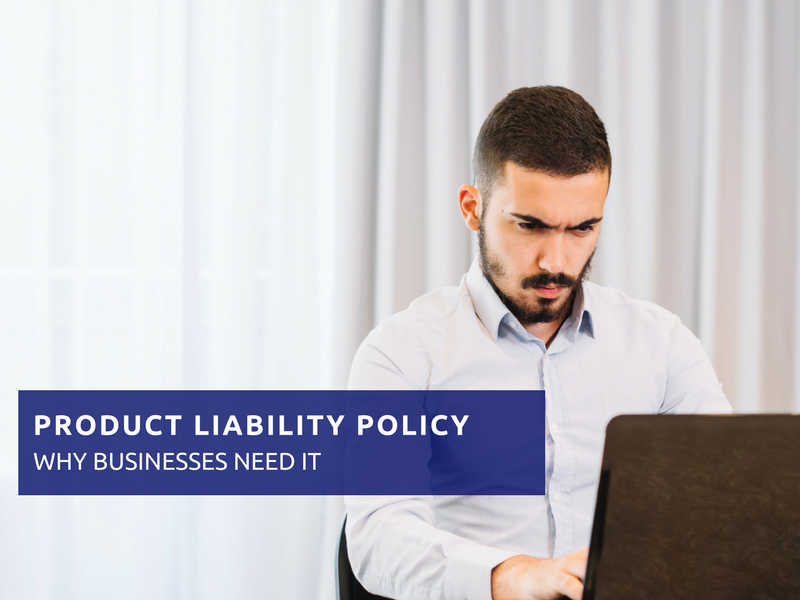
Product Liability Policy: Why Businesses Need It
We’ve all seen the horror stories of people finding bugs in chocolate bars, or machine screws in cereal. When reading about such cases, we are all guilty of taking the side of the consumer. After all, we are consumers ourselves and it feels like some of our rights have been violated and we cannot trust companies anymore. But can we put ourselves in the shoes of the producer or manufacturer for a minute? The truth is, when you’re producing goods at a large scale, all kinds of mishaps are bound to happen. Most of which you’re not directly responsible of, nor can control.
When a certain product is faulty, both sides become badly affected. The consumer feels he’s been cheated, and the company sometimes has to pay expensive claims, while also having its reputation at risk. In every regard, this is a lose-lose situation. But companies can take the smart step and sign up for a product liability policy which will protect them from financial repercussions due to a product fault or potential false claims, and will make sure the consumer is properly reimbursed.
A product liability insurance will apply to the following:
- A manufacturing flaw – The defect in the final product has originated at a particular phase of the production process, making the product hazardous or non-functional. The producer had no way of controlling this mishap.
- A design fault – A claimant argues that the product is inherently unsafe or does not operate as advertised because it was wrongly designed.
- Defective instructions – The company failed to provide detailed instructions on the adequate use of the product, or failed to warn customers of certain risks involved.
Usually, product liability is part of a general liability policy. This combined coverage may be referred to as products-completed operations liability. However, some companies which do not need such an extensive insurance coverage may choose to get a separate product liability policy. The cost of the insurance depends on the type of product. Products involving hazardous materials and chemicals, such as pharmaceuticals or insecticides, may be more expensive to insure. The total price you need to pay for your insurance will be calculated based on the rate times your annual sales, all divided by 1000.
What a lot of business owners don’t know is that you don’t have to be manufacturing goods in order to need a product liability policy. Every business that deals with maintenance and handling of products should consider full product liability coverage. For instance, your job might involve the transportation of products, or you might deal with repairs and if somehow another aspect of the product gets damaged you will be considered responsible. Also, if you’re an importer of foreign products, you are the liable one in your country of operation.


